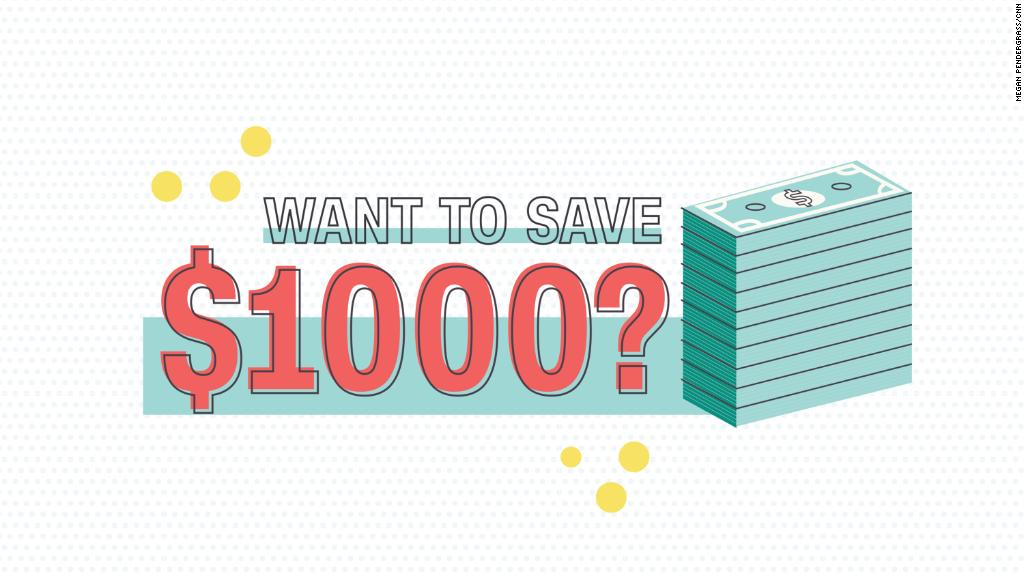
When we think of the countless Americans who are forced to live paycheck to paycheck, we tend to picture low to middle earners with little wiggle room for unplanned expenses. But apparently, it's not just those with limited income who can't seem to bank any money at month's end.
In fact, one in 10 Americans earning over $100,000 a year is living paycheck to paycheck, according to data from CreditLoan.
Why are higher earners struggling so? Often, it's a matter of taking on too many expenses and not having adequate reserves. It's estimated that 57% of the adult population has less than $1,000 in immediate savings, while 39% of Americans have no savings at all. Clearly, higher earners are included in this sample set, as evidenced by the fact that so many have a hard time making ends meet.
If you're earning upward of $100,000 a year yet are trapped in the paycheck-to-paycheck cycle, it's on you to take steps to change your habits. Otherwise, you risk not only falling deep into debt, but also ruining your finances irreparably the moment an unexpected bill falls in your lap.
1. Create a budget
If you're tired of living paycheck to paycheck, then the first thing you need to do is create a budget that maps out your various expenses. Simply list your recurring bills, factor in less frequent expenses -- like that once-a-year insurance premium you pay -- and compare what you typically spend to the amount of post-tax income you bring home. If the numbers don't align -- meaning you find that you're spending down your entire paycheck, and then some -- then you'll need to start cutting back. Immediately.
2. Make hard choices
In an ideal world, we'd all be able to live the lifestyle we want without having to compromise. In reality, however, life's luxuries cost money, and if your earnings -- no matter how high they happen to be -- don't support them, then you'll need to start making changes.
Once you have that budget in place, examine it to determine which current expenses you're willing to slash. Keep in mind that there's no right or wrong answer. Rather, your goal should be to free up as much cash as possible in your budget while causing yourself and your family the least amount of unhappiness in the process.
So think about what sounds worse: living in a smaller home, or giving up the restaurant food you typically enjoy three nights a week or more. Similarly, would you rather not take vacation, or drive a less impressive-looking car? The choice is ultimately yours, but you'll need to commit to some changes if you're tired of counting down the days till your next paycheck arrives so you can pay the bills.
3. Automate your savings
The fact that you're a relatively high earner with little to no savings probably means that setting money aside on the regular isn't your strong suit. So don't give yourself the option to overspend. Rather, arrange for a portion of each paycheck to filter directly into savings, and forget it exists. You can set up an automatic transfer with your bank so that part of your earnings land in a savings account.
Once you've established a near-term safety net, it's time to focus on the future. If your employer offers a 401(k), you're in luck, because all you need to do to participate is decide how much of each paycheck you wish to contribute, and that amount will automatically get deducted (pre-tax) from your earnings. It's as simple as that.
If you don't have a 401(k) through work, you can open an IRA that offers an automatic savings option as well. The point is to take savings matters out of your own hands if you feel you can't be trusted to make the right choices. Even if you are looking to change your ways, it still pays to go the automatic route for the sake of convenience.
Related links:
• Motley Fool Issues Rare Triple-Buy Alert
• This Stock Could Be Like Buying Amazon in 1997
• 7 of 8 People Are Clueless About This Trillion-Dollar Market
As a higher earner, there's little excuse for having no savings to show for. So if you're living paycheck to paycheck, it's time to bust out of that cycle. The upside? Once you do, you'll gain a healthy dose of financial security -- and that's something you can feel good about
